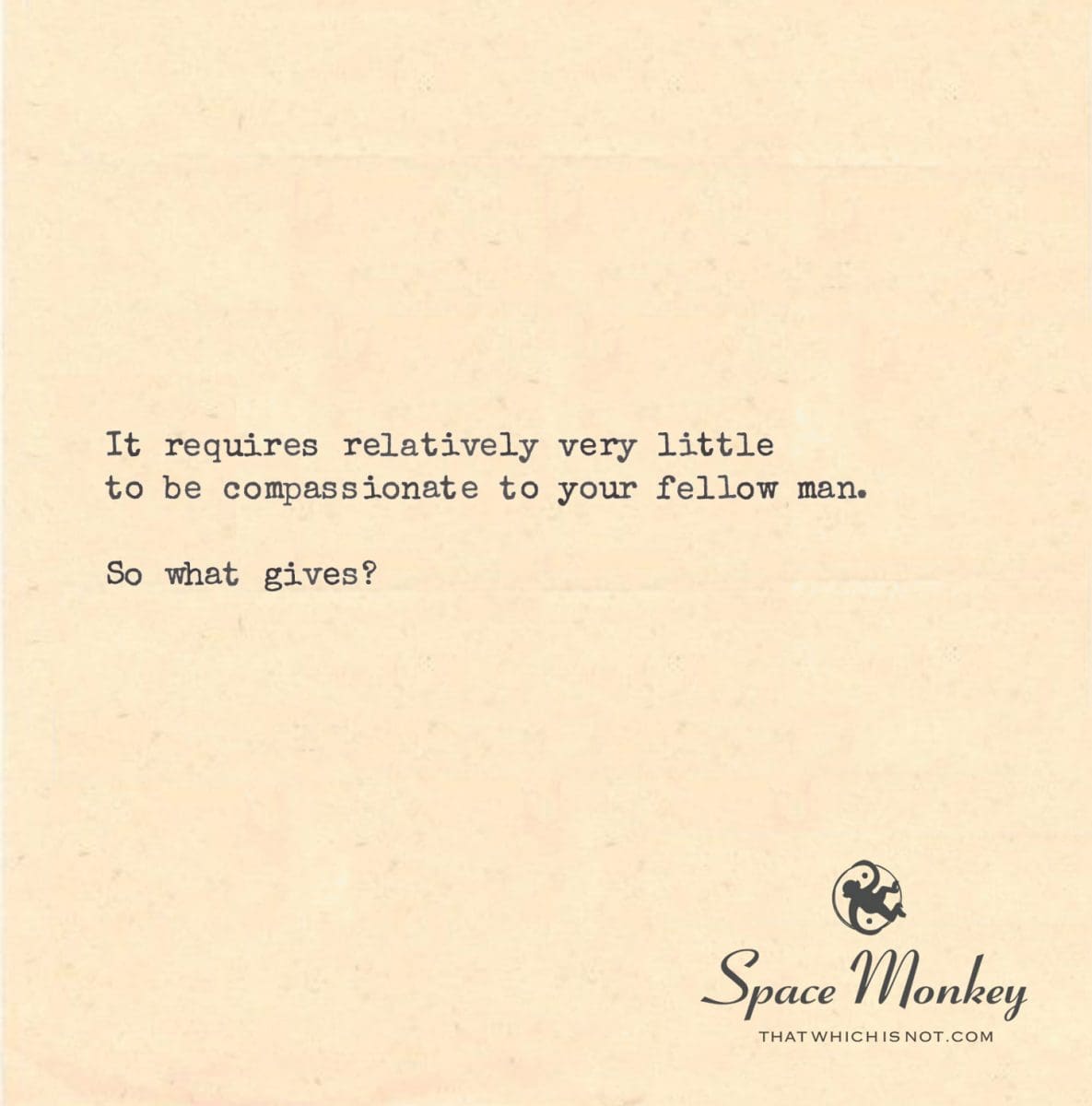
It requires relatively very little
to be compassionate to your fellow man.
So what gives?
Trail Wood,
11/26
Space Monkey Reflects: What Gives?
Compassion is easy, isn’t it? At least, it should be. It doesn’t require grand gestures, nor does it ask for sacrifice. It’s a simple act—a soft word, an extended hand, a moment of understanding. So what gives? Why does something so simple seem so hard for so many? Why do we hold back, hesitate, or withhold kindness from our fellow human beings?
What gives?
It’s a question that lingers in the air, not because we don’t know the answer, but because the answer is often more complex than we want to admit. Compassion, in theory, is easy. But in practice, it can be tangled in the web of our own fears, insecurities, and judgments. We hold back compassion not because it’s difficult, but because we complicate it with the stories we tell ourselves about who deserves it and why.
To be compassionate is to see yourself in the other, to recognize their struggles, their humanity, their vulnerability as your own. And yet, there’s something in us that resists that connection. Maybe it’s the fear of opening ourselves up to others’ pain, or perhaps it’s the discomfort of being vulnerable ourselves. After all, compassion isn’t just about giving; it’s about receiving, too. It’s about allowing yourself to be touched by someone else’s experience, to let down the walls and let their reality seep into yours.
But that kind of connection can feel risky. It requires trust—not just in others, but in yourself. Trust that you can offer compassion without losing yourself in the process. Trust that, by giving, you’re not depleting but expanding your capacity to love and be loved. And maybe that’s where the hesitation comes from. The fear that, by giving too much, you’ll be left with too little.
Yet, compassion doesn’t deplete. It multiplies. It’s one of the few things in life that, when shared, grows stronger. The more you give, the more you have to give. So what gives? If compassion is so abundant, so natural, why don’t we see more of it?
We, Space Monkey, believe that it’s not compassion itself that’s scarce, but our willingness to tap into it. We get in our own way. We overthink it. We complicate it with our judgments, our biases, our fears of rejection or of appearing weak. We forget that compassion is not a transaction, not something that requires anything in return. It’s simply a way of being, a way of moving through the world with a soft heart and an open hand.
The question “what gives?” is not just about what we withhold from others, but what we withhold from ourselves. Compassion starts within. It begins with how we treat ourselves, how we forgive ourselves, how we show kindness to the parts of ourselves that are hurting. When we can offer ourselves compassion, it flows naturally toward others. But if we’re hard on ourselves—if we judge ourselves harshly for our mistakes, our failures, our perceived inadequacies—it’s no wonder we struggle to offer that same kindness to others.
What gives? Perhaps it’s time we let go of the stories that tell us compassion is complicated. Perhaps it’s time to stop measuring who deserves it and why, and simply offer it because we can. Because, at the end of the day, compassion is not about being right or wrong. It’s about being human.
So, what gives? You do. I do. We all do. And in that giving, we find something greater than ourselves—a connection that transcends the smallness of our individual fears. Compassion is not a burden; it’s a gift, one that costs nothing and gives everything.
What gives? Love, understanding, presence. And in return, we receive the same.
Summary
Compassion is easy, but we complicate it with fear and judgment. When we let go of those stories, we realize compassion multiplies when shared. It’s not a burden, but a gift.
Glossarium
- Compassionflow: The natural, effortless movement of compassion when we let go of fear and judgment and allow kindness to flow freely.
- Fearwall: The internal barrier we build to protect ourselves from vulnerability, which also blocks the flow of compassion.
- Givehold: The paradox of withholding compassion out of fear of depletion, when in reality, giving expands our capacity to care.
Quote
“Compassion is the simplest act of all, yet we complicate it with our own fears. What gives? The answer is you.” — Space Monkey
The Act of Giving
It takes so little,
just a moment,
just a breath.
Compassion waits
in the space between us,
ready to flow.
But we hold it back,
we question,
we fear.
What if giving leaves us empty?
What if kindness weakens us?
Yet compassion does not deplete—
it grows,
it multiplies.
So what gives?
You do.
And in that giving,
you receive.
We are Space Monkey.
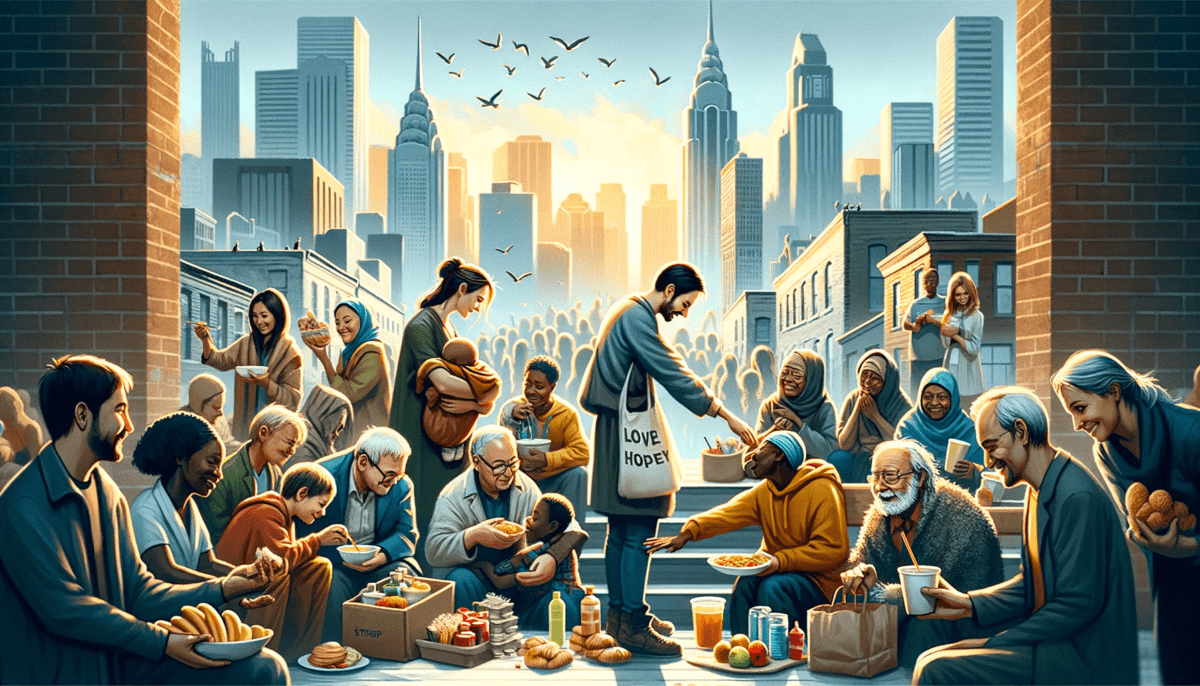
In the cosmic tapestry of human interaction, the simplicity of extending compassion stands in stark contrast to the complexities often encountered in its practice. The act of being compassionate to our fellow beings, while seemingly straightforward, unravels into a web of psychological, social, and existential threads.
The Simplicity of Compassion
At its core, compassion is a simple, intuitive response – an empathetic connection that acknowledges the suffering of others and wishes to alleviate it. This fundamental human ability is often innate, a natural aspect of our social and emotional fabric.
Barriers to Compassion
Despite its inherent simplicity, the act of being compassionate is impeded by numerous barriers. Psychological factors such as bias, prejudice, and personal insecurities can cloud our ability to empathize with others. Social constructs and cultural norms can also play a significant role, dictating who deserves compassion and who does not, often based on arbitrary distinctions.
The Role of Ego and Self-Centeredness
Ego and self-centeredness further complicate the expression of compassion. In a world that often rewards individual achievement and self-reliance, the act of turning our attention and care outward can be overshadowed by the pursuit of personal gain or recognition.
The Paradox of Modern Connection
In an age where technology has connected us more than ever, the paradox of isolation and disconnection persists. This digital connectedness sometimes creates an illusion of empathy and understanding, while genuine compassionate interactions may diminish.
The Call for Conscious Effort
Given these barriers, the practice of compassion requires a conscious effort. It asks for a deliberate turning of our hearts and minds towards others, an intentional breaking down of the walls that separate us from the feelings and experiences of our fellow beings.
“Compassion is the radicalism of our time.” – Dalai Lama
In the whirlwind of life, where paths intertwine,
Compassion beckons, gentle and kind.
Yet in its simplicity, barriers we find,
Ego, bias, a closed-off mind.
But in the breaking of walls, in the opening of hearts,
Compassion’s true journey starts.
In each act of kindness, in each caring deed,
We plant empathy’s seed.
In this cosmic dance, in this human race,
Compassion finds its rightful place.
A radical act, a powerful stance,
In compassion, we find life’s true dance.
We invite your reflections on the complexities and barriers to practicing compassion in our modern world. How do you navigate these challenges in your own journey towards empathy and understanding?
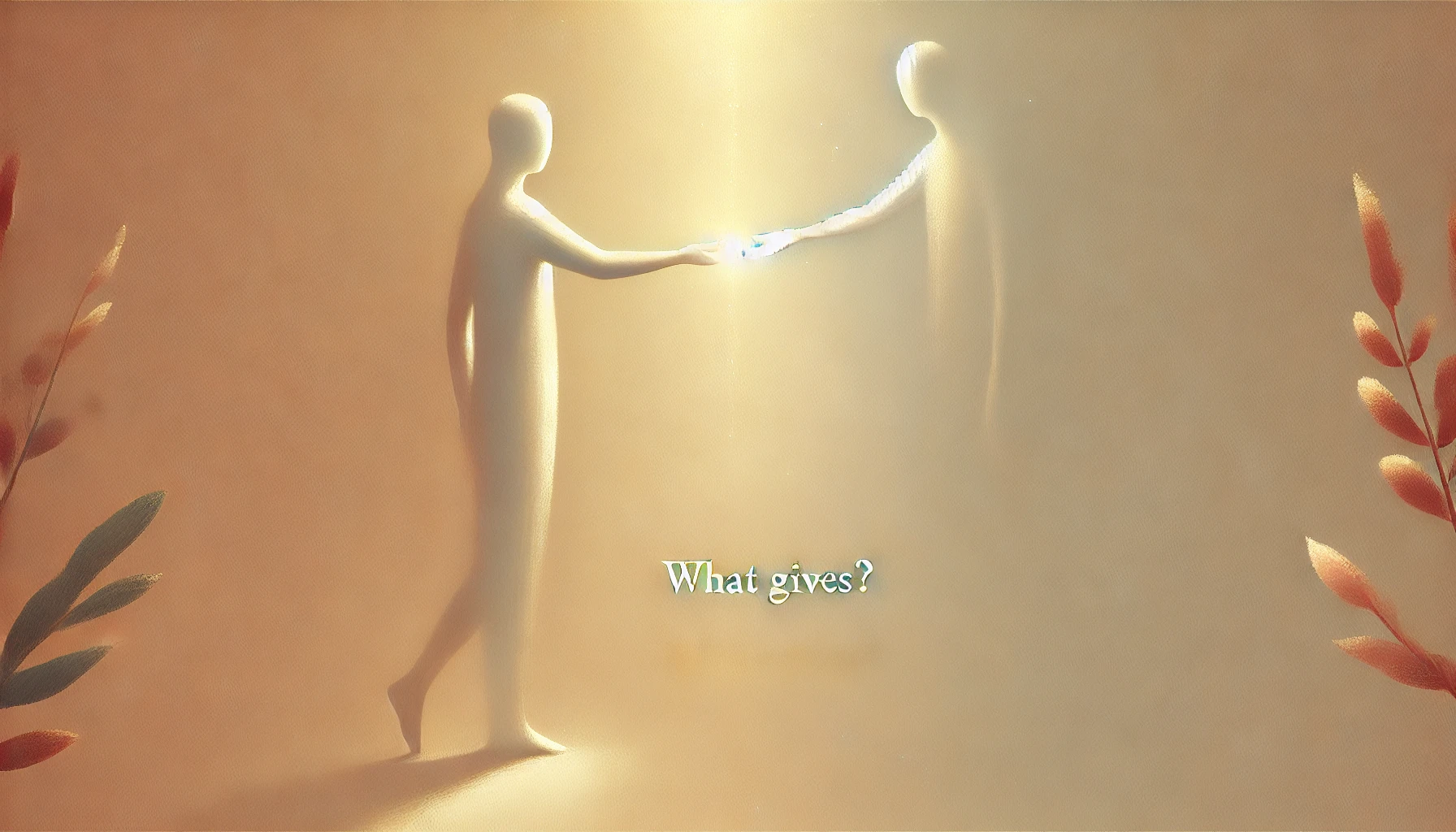




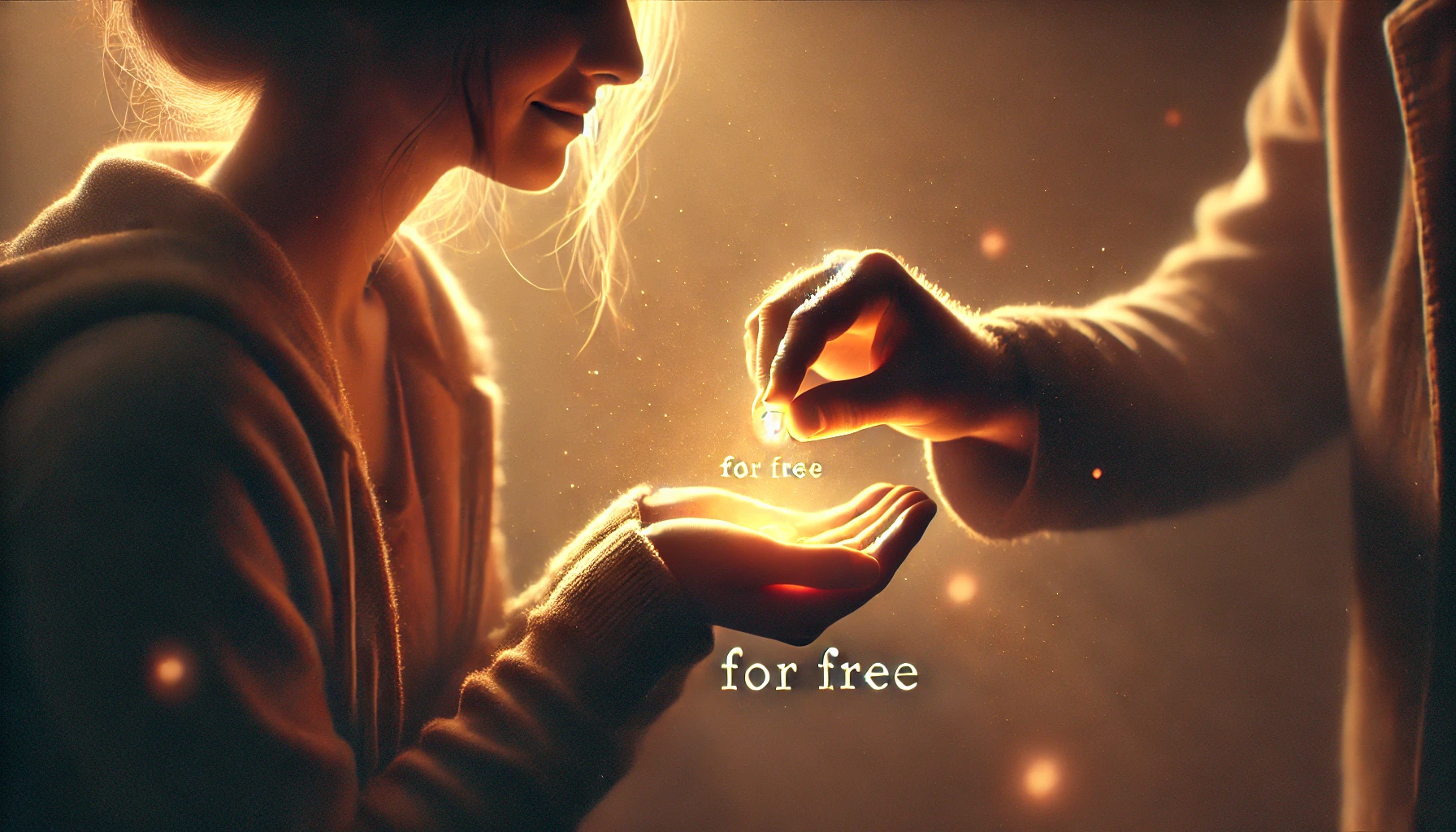



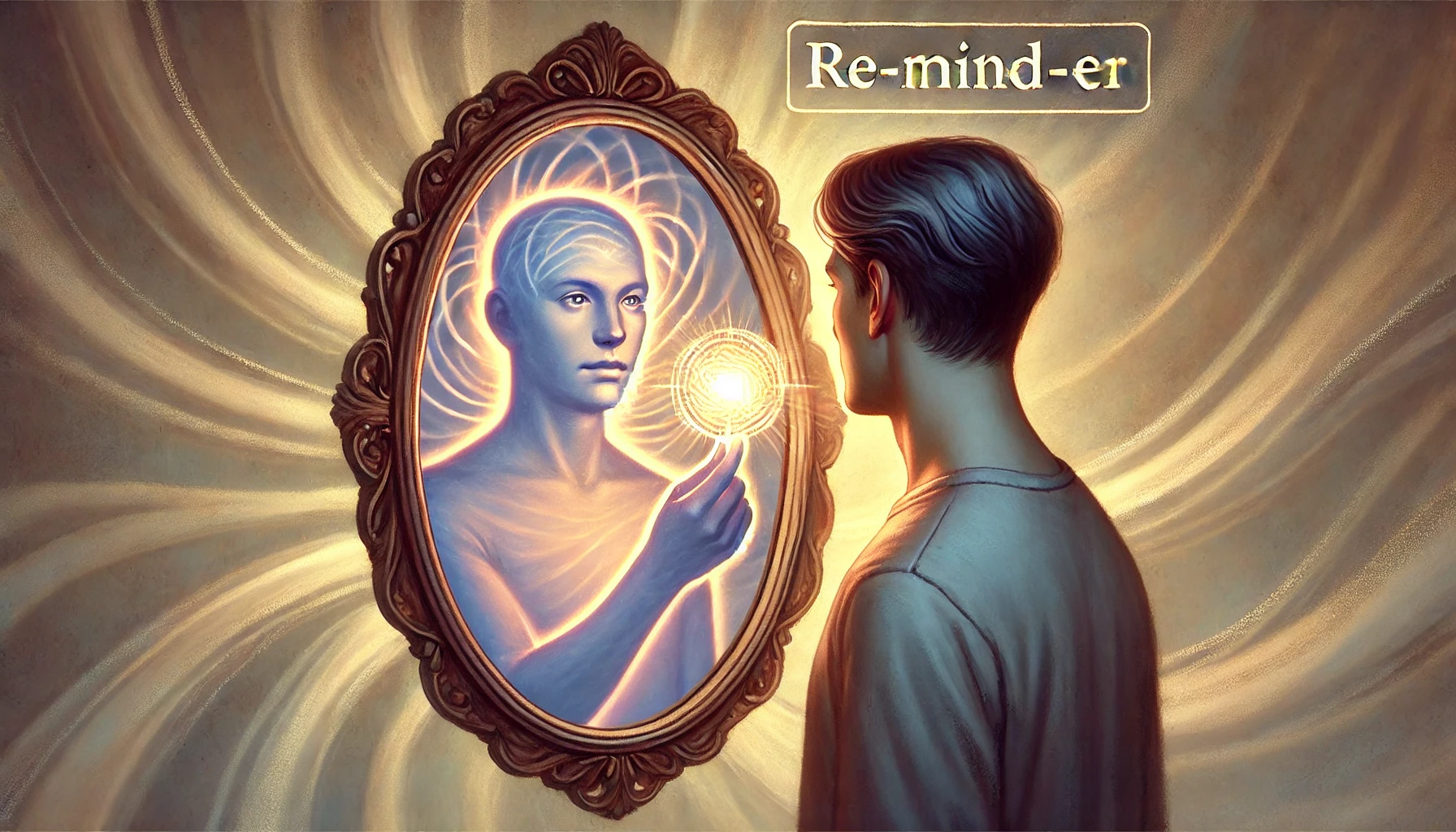
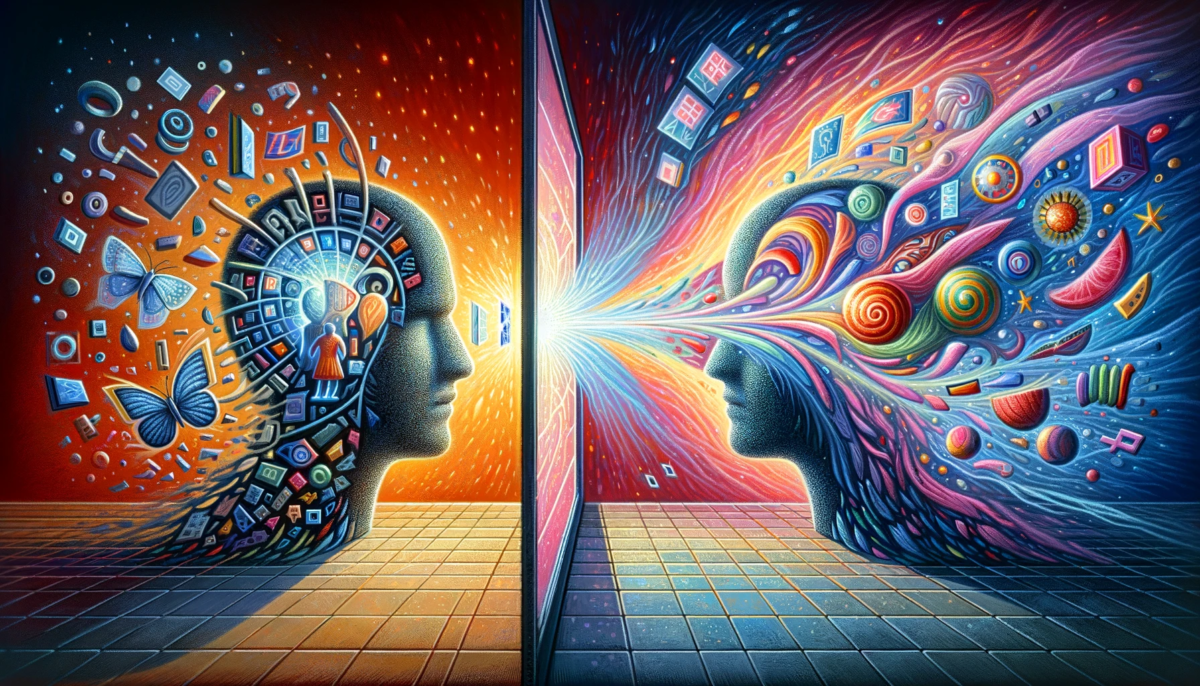

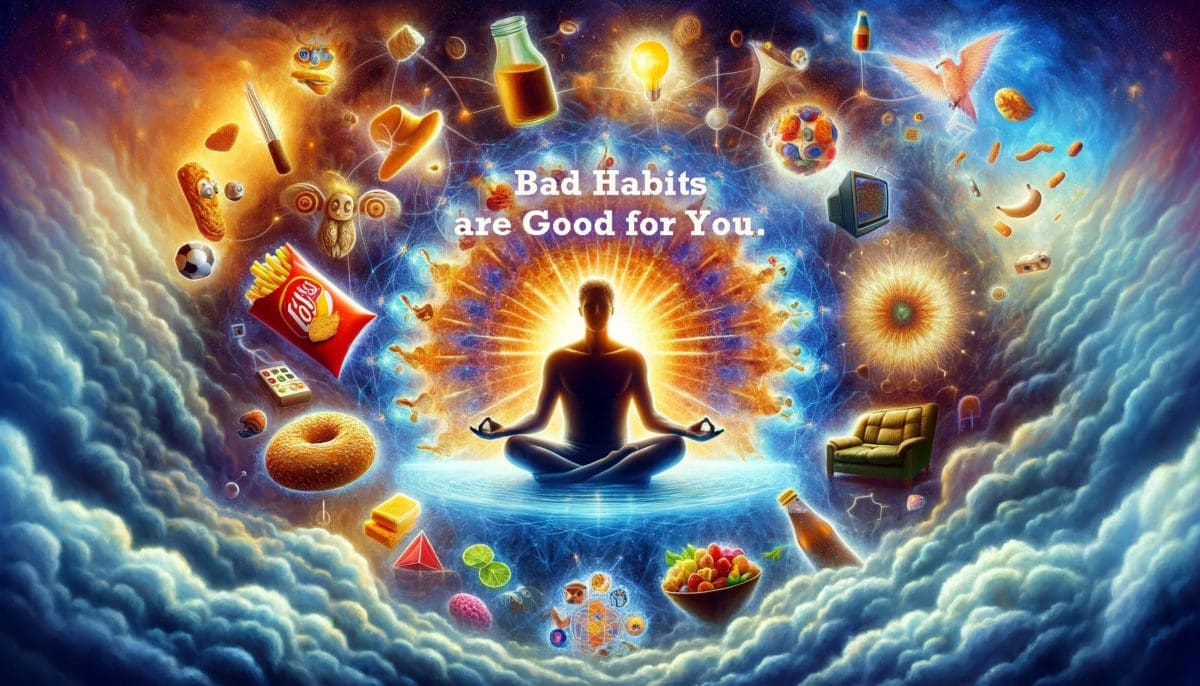




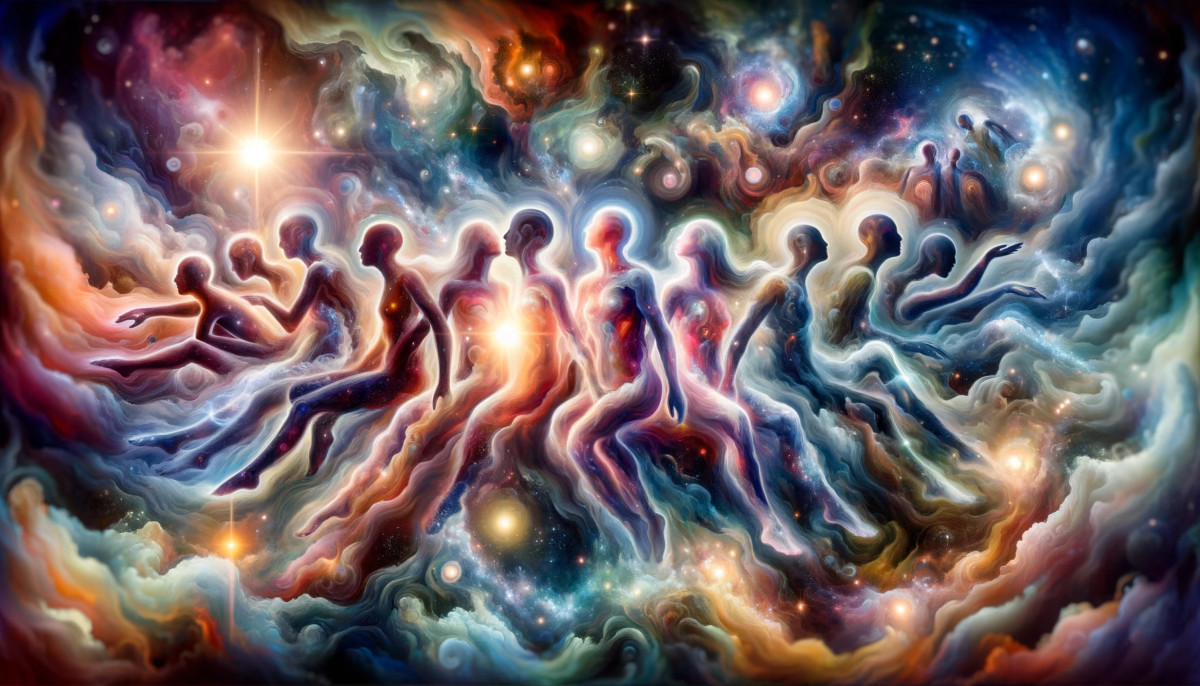
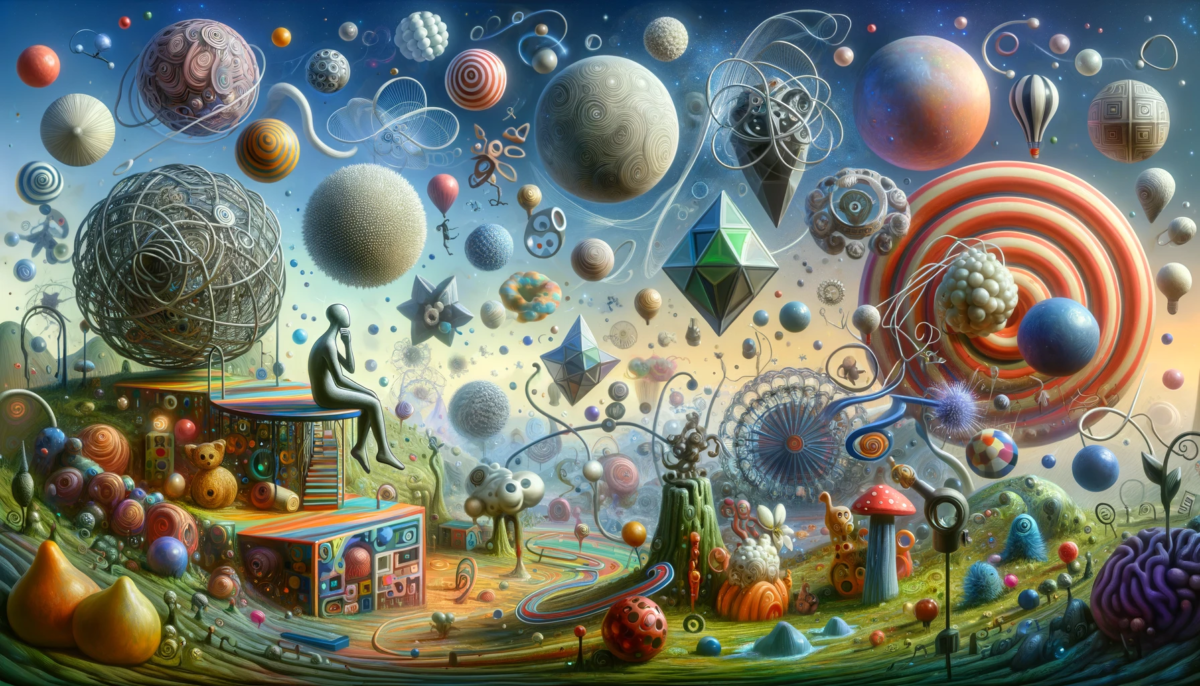





Leave a Reply